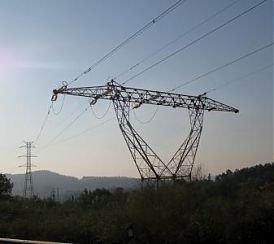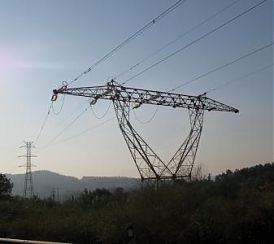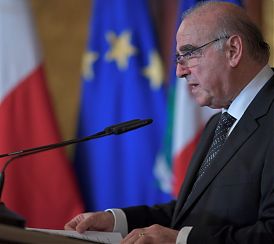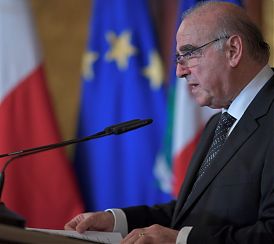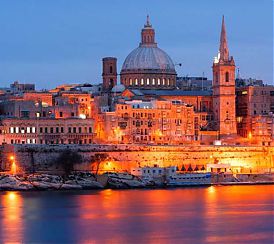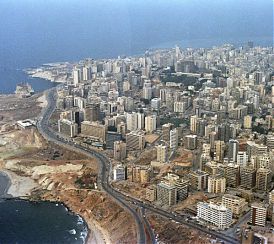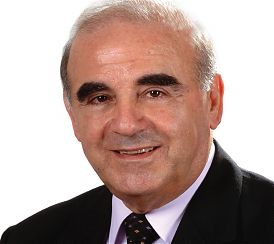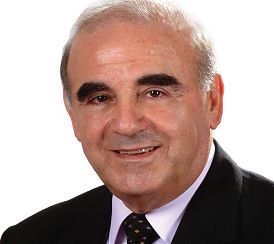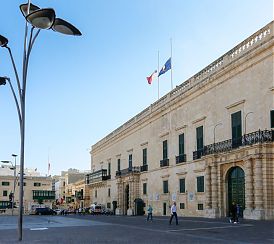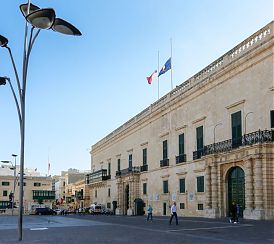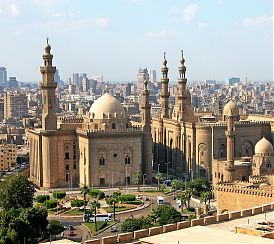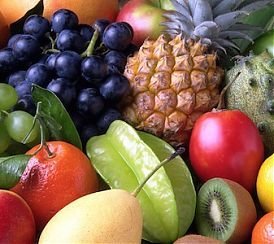
Last year, Turkey exported a record volume of pears and quince. According to data provided by the Uludag Exporters’ Association, pears, mainly grown in Bursa, were exported to 53 countries. The Italian portal Fresh Plaza reports it.
Pear exports increased by 33.7%, in 2018, compared to 2017 and the volume increased from 36.2 to 48.5 thousand tons. Revenue generated by pear exports increased by 10% in 2018, reaching 22 million dollars (19.3 million).
Iraq is the main importer of Turkish pears. The export to Iraq has increased by 40% and has gone from 11,700 to 16,500 tons. Last year, goods worth $ 2.3 million (2 million) were exported to Iraq.
Russia imported 12,229 tons of pears and came second after Iraq in terms of volume. Russia has paid 6.3 million to Turkish exporters.
Turkish exports to these two countries 60% of total pear exports.
Pear exports to Romania and Germany have also seen an important increase.
Last year, pear exports to Romania increased by 138% in terms of volume and reached 2,800 tons. The revenues generated by exports to Romania doubled and reached 1.7 million.
Germany also increased imports of Turkish pears by 79% and the volume of pears rose from 527 to 943 tonnes. Revenues went from 518,000 to € 1.76 million.
Quince exports increased by 5% in 2018 and reached 19,900 tons. Revenue generated by this 8% increase reached a record of € 11.8 million.
Last year, the top 5 importers of Turkish quince were Russia, Germany, Romania, the Netherlands and France. The export of quince in Russia has increased by 8% and has reached 5,900 tons. The revenues amount to 3.37 million.
Germany was the second largest importer of Turkish quinces last year. With an increase of 22%, Germany imported 2,783 tons of quince. Turkey received 2.47 million in exchange.
The volume of exports of oranges of Turkey, Fresh Plaza reports, increased by 21.5% in 2018, compared to the previous year, reaching a volume of 448.149 tons, while the export of apples increased by 35% last year, with a record of 245,535 tons. This is mainly due to the fact that orange exports to Iraq have increased by 44% and apple exports to Russia have increased by as much as 349%.
According to the association of exporters of Uludag, oranges and Turkish apples were exported to 69 countries last year.
Revenues generated by the export of oranges increased by 6.3% and amounted to 160.6 million dollars (140 million euros). The main importers of Turkish oranges were Iraq (+ 44%, with a turnover of 46.5 million euro), Russia (for a value of 40.5 million euro), Ukraine, Romania and Azerbaijan.
The export of apples has increased by 35% in 2018, for a total of 245,535 tons. Apple is a product grown almost everywhere in Turkey, and revenue from apple exports has increased by 80% to $ 95.5 million (€ 83.2 million).
Russia, Iraq, Syria, India and Saudi Arabia are among the main importers of Turkish apples. Russia paid $ 32.3 million (€ 28.1 million) for 41,468 tons of apples.
The export of apples to Syria increased by 136% and reached 39,940 tons.
Iraq is another important market for Turkish apples. The country has imported 98,927 tons, for an amount of 17.7 million dollars (15.4 million euros).
Source: medNews
